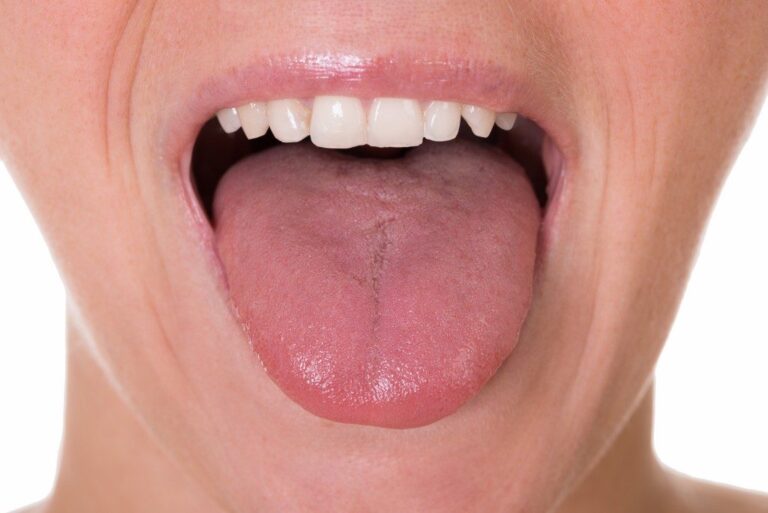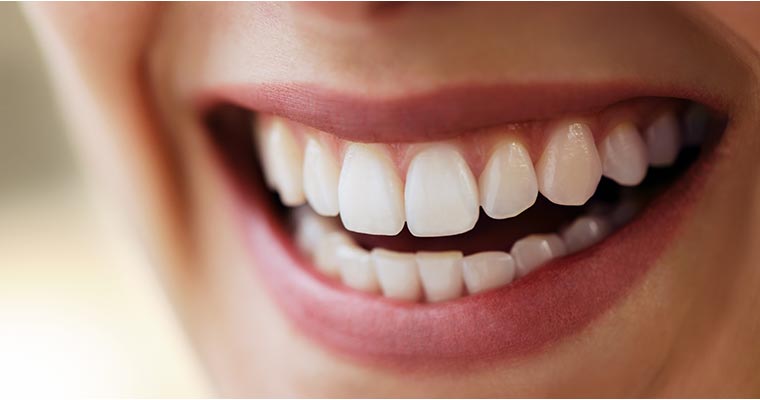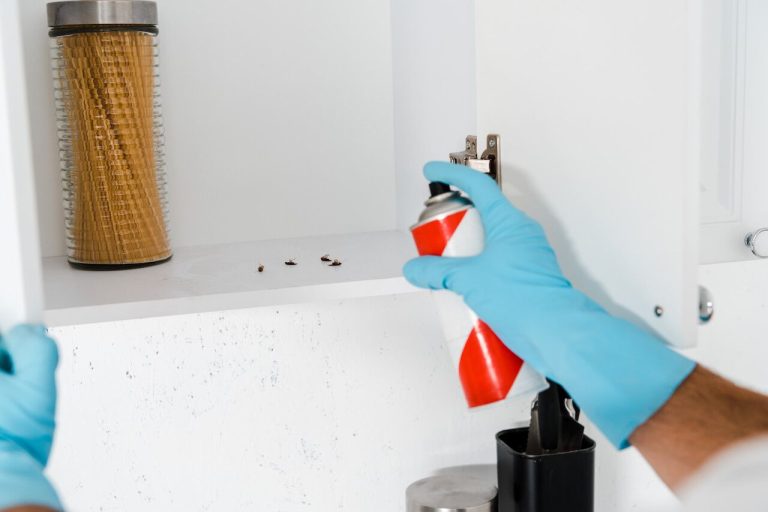A significant number of people living in Florida will be surprised to hear that most dental problems...
Day: June 3, 2024
Over two-thirds (69%) of adults aged 35 to 44 in Kokoma had lost one or more permanent...
It is crucial to inculcate good oral hygiene habits in your children in order to establish a...







